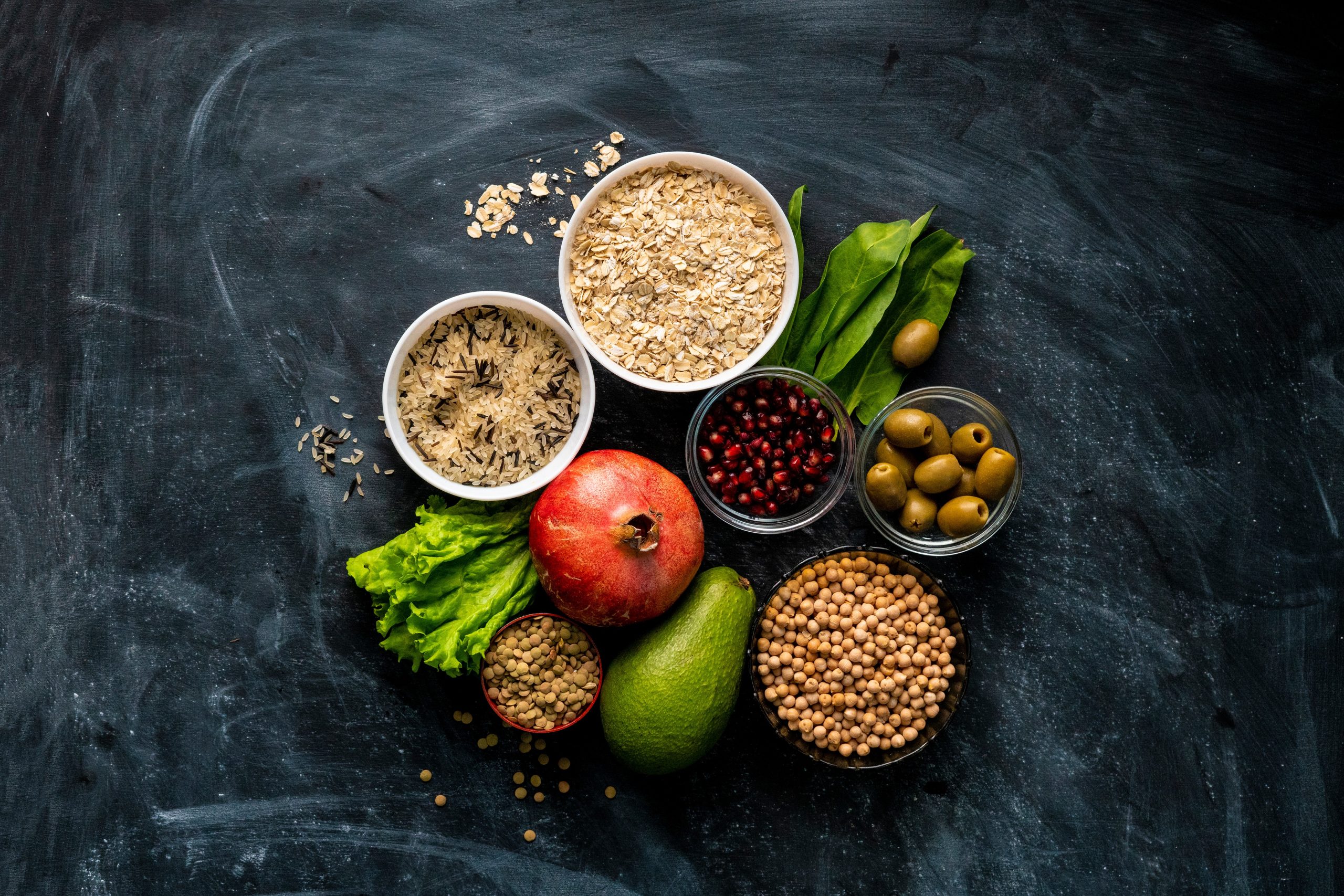
In recent years, probiotics have gained significant attention in the health and wellness industry—and for good reason. These beneficial bacteria have far-reaching impacts on nutrition and overall health that science is just beginning to fully understand. As a health blogger focused on nutrition, it’s essential to explore the profound ways in which probiotics can transform our health landscape.
Understanding Probiotics
Probiotics are live microorganisms that offer health benefits when consumed in adequate amounts. They can be found in various fermented foods, such as yogurt, kefir, sauerkraut, kimchi, and in dietary supplements. What makes them so fascinating is their ability to survive harsh stomach conditions and colonize the gut, where they exert a positive influence on the intestinal microbiota—a vast ecosystem of bacteria that plays critical roles in health maintenance.
The Gut Microbiota—A Complex Ecosystem
The human gut is home to trillions of microorganisms, collectively known as the gut microbiota. This community of bacteria, viruses, fungi, and other microorganisms is as important to our body as an organ. It influences many physiological processes, including digestion, nutrient absorption, metabolism, immune function, and even mood regulation.
When the balance of gut microbiota is disrupted—a state known as dysbiosis—it can lead to various health issues, including gastrointestinal disorders, obesity, type 2 diabetes, and mental health conditions. Here is where probiotics come into play.
Probiotics and Digestive Health
One of the primary ways probiotics benefit our health is through their positive impacts on digestive health. They aid in the digestion of fibers and other complex compounds that the human intestine finds challenging to process. This function not only helps in better nutrient absorption but also promotes bowel regularity, preventing conditions like constipation and diarrhea.
Several studies have found that specific strains of probiotics can alleviate symptoms of Irritable Bowel Syndrome (IBS), a prevalent and often debilitating condition characterized by abdominal pain, bloating, and altered bowel habits. Furthermore, probiotics have been shown to reduce the incidence and duration of infectious diarrhea and may help prevent antibiotic-associated diarrhea by restoring the balance of gut microbiota disrupted by antibiotic treatment.
Immune System Enhancement
Interestingly, around 70% of our immune system resides in the gastrointestinal tract. This close connection suggests that a well-balanced gut microbiota can significantly influence immune health. Probiotics can enhance the immune system by stimulating the production of natural antibodies and promoting the activity of immune cells such as dendritic cells and macrophages.
Probiotics also play a role in reducing the risk and severity of respiratory infections and may be beneficial in preventing allergic reactions in children by aiding in the development of the immune system. Ongoing research continues to explore these relationships, promising exciting possibilities for using probiotics as a natural immune booster.
Nutrient Absorption and Synthesis
Probiotics can enhance the bioavailability and absorption of nutrients, a crucial aspect of overall nutrition. For example, certain strains improve the absorption of calcium, magnesium, and iron, which are vital for maintaining bone health and preventing anemia. This is particularly valuable for individuals with dietary restrictions that might limit their intake of these essential minerals.
Moreover, probiotics play a role in the synthesis of B vitamins and vitamin K. B vitamins are essential for energy production, brain health, and red blood cell formation, while vitamin K is vital for blood clotting and bone health. By contributing to the production of these vitamins, probiotics help support various facets of our health.
Weight Management and Metabolic Health
Emerging research suggests that probiotics might influence body weight and metabolic health. Studies have shown that the gut microbiota composition differs between lean and obese individuals, and probiotics might help modulate these microbial populations. In particular, strains like Lactobacillus rhamnosus and Lactobacillus gasseri have demonstrated potential in reducing body weight and abdominal fat.
Probiotics may also improve insulin sensitivity, reduce inflammation, and lower the risk of metabolic disorders such as type 2 diabetes. These effects are likely due to their role in maintaining gut barrier integrity and reducing the translocation of bacterial endotoxins that promote systemic inflammation.
Mental Health and Cognitive Function
The gut-brain axis, a bidirectional communication network between the gut and the brain, has garnered increasing attention. Probiotics may positively impact mental health by influencing this axis. For instance, certain probiotics are known to produce neurotransmitters such as serotonin and dopamine, which regulate mood and behavior.
Research into the “psychobiotic” potential of probiotics is growing, with studies indicating improvements in anxiety, depression, and stress-related symptoms. This promising field suggests that maintaining a healthy gut microbiota with probiotics could be a natural strategy for supporting mental health and cognitive function.
Incorporating Probiotics into Your Diet
In light of these benefits, incorporating probiotics into your diet is a worthwhile endeavor. Start by consuming fermented foods regularly or consider a high-quality probiotic supplement. It’s crucial to choose products that contain specific strains known for their health benefits and to follow recommended dosages for optimal results.
In conclusion, probiotics offer a wide range of benefits that can enhance nutrition and health. While research is ongoing, the evidence to date is compelling. Whether you’re looking to improve digestive health, boost your immune system, support weight management, or bolster mental well-being, probiotics present a natural, accessible solution. As health enthusiasts, integrating these ‘friendly bacteria’ into our lifestyle can pave the way for a healthier, more balanced life.




